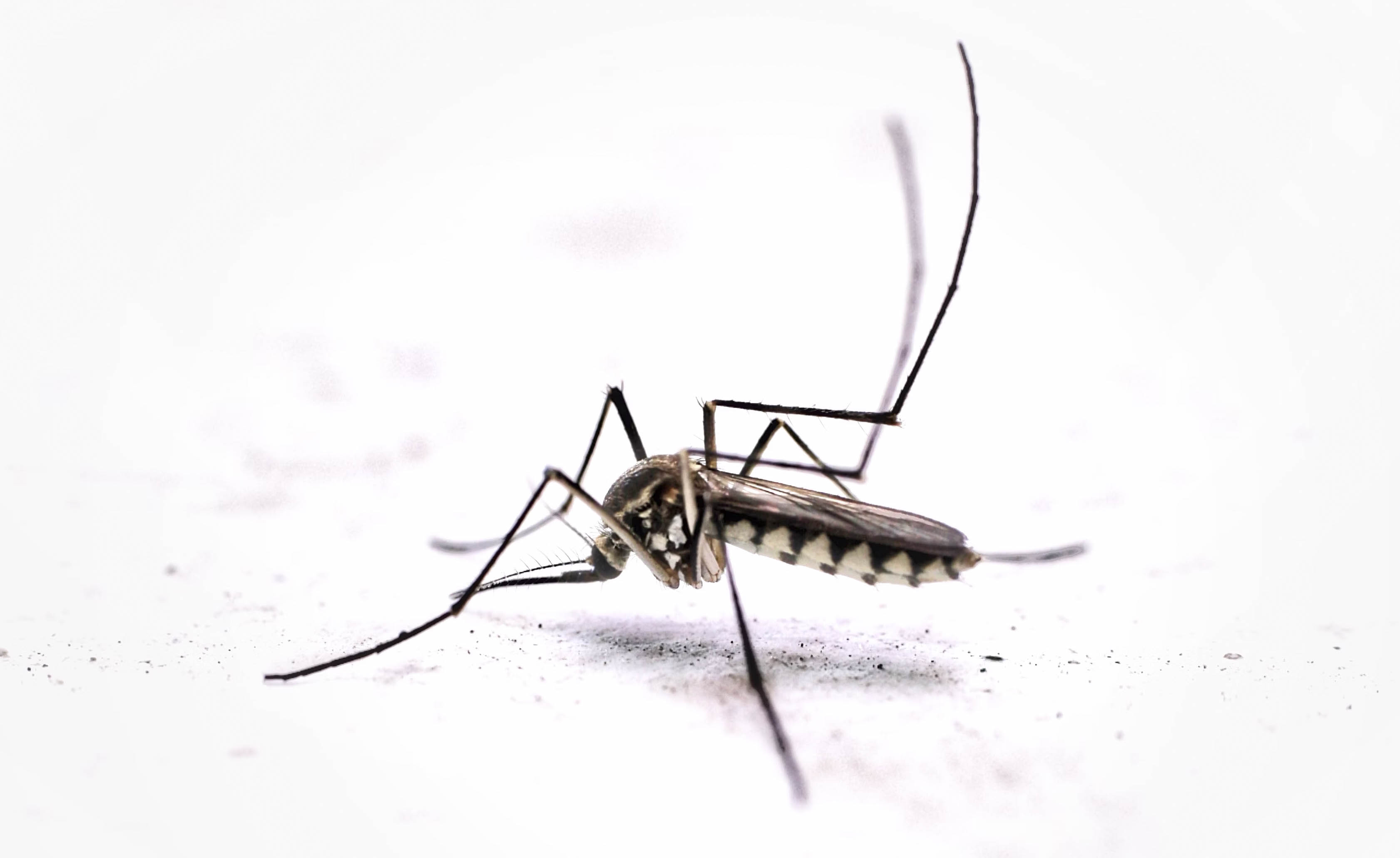
Sketch of Anopheles Mosquito
Kruger National Park, one of Africa's premier wildlife destinations, is situated in a region where malaria is present. While the risk is generally low, especially during the dry winter months, it's essential for visitors to be informed and take appropriate precautions.

Sketch of Anopheles Mosquito
Malaria is a mosquito-borne disease transmitted by the female Anopheles Mosquito. In South Africa, the primary malaria-endemic areas include the northeastern parts of Limpopo and Mpumalanga provinces, encompassing Kruger National Park.
The risk of contracting malaria in Kruger is seasonal and influenced by rainfall and temperature. The highest risk period is between September and May, coinciding with the rainy season, which creates favorable breeding conditions for mosquitoes. However, sporadic cases can occur year-round, especially after unseasonal rains.
Preventing mosquito bites is the first line of defense against malaria. Mosquitoes are most active between dusk and dawn. To minimize the risk:
Taking antimalarial medication can significantly reduce the risk of contracting malaria. Consult a healthcare provider or travel clinic to determine the most suitable prophylactic based on individual health, travel itinerary, and current medical guidelines. Commonly prescribed antimalarials for Kruger include:
Note: Chloroquine is not recommended due to widespread resistance in the region.
Early detection and treatment of malaria are crucial. Malaria Symptoms typically appear 7 to 30 days after a mosquito bite and may include:
In severe cases, symptoms can progress to confusion, seizures, or difficulty breathing. If any of these symptoms occur during or after a visit to Kruger, seek immediate medical attention and inform the healthcare provider about recent travel to a malaria-endemic area.
Pregnant women are at higher risk for severe malaria, which can lead to complications for both mother and fetus. Travel to malaria-endemic areas like Kruger National Park is generally discouraged during pregnancy. If travel is unavoidable, strict adherence to preventive measures and consultation with a healthcare provider are imperative.
Children are more susceptible to malaria and its complications. Ensure they take appropriate prophylactic medication and are protected from mosquito bites through clothing, repellents, and bed nets.
Individuals with compromised immune systems, such as those with HIV/AIDS or undergoing chemotherapy, should consult healthcare providers before traveling to malaria-endemic areas. Enhanced preventive measures and close monitoring for symptoms are essential.
Kruger National Park has medical facilities to assist visitors. The main camp, Skukuza, hosts a private medical practice offering consultations and emergency services. In case of severe illness, air ambulance services can transport patients to hospitals in nearby cities like Nelspruit.
While the risk of contracting malaria in Kruger National Park is generally low, especially during the dry season, it's essential to remain vigilant and take preventive measures seriously. By understanding the risks, using protective strategies, and seeking medical advice, visitors can enjoy the rich biodiversity and beauty of Kruger safely.